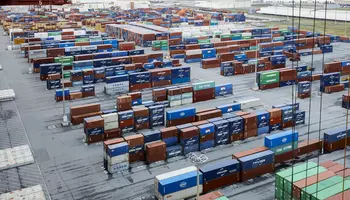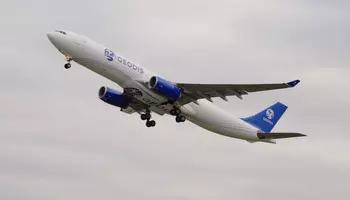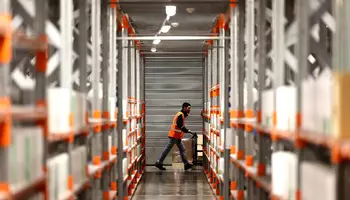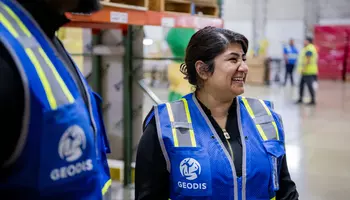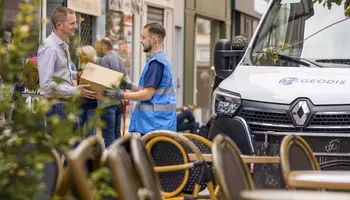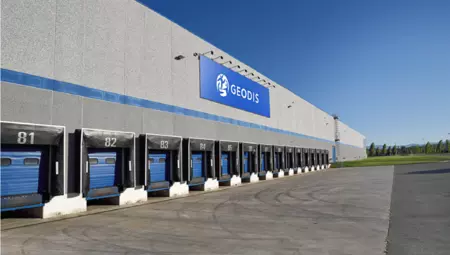
GEODIS awarded with the TAPA FSR certification to Castel San Giovanni’s site
The Contract Logistics Line of Business of GEODIS in Italy has been awarded with the TAPA FSR certification that recognizes the high safety standards in Castel San Giovanni’s site.
The theft of high-value products and the high risk are increasingly affecting business costs, and protection against the increased exposure to threats becomes essential. GEODIS Contract Logistics Line of Business in Italy, which has always been sensitive to this topic, has obtained the TAPA FSR certification, which guarantees the high safety standards of goods at the logistics site of Castel San Giovanni (Piacenza province).
Companies which need to lay down high-value goods as well as products for retail sale, high tech, fast moving, just as example, in that way, increase the safeguarding standards of the warehouse and goods. This certification includes, in general, control and revision of each activity’s phase: checking at the entry access, check of the employees, security’s perimeter through detection devices and monitoring systems which provide an overall view of the warehouse. Critical areas are thus covered by a certified surveillance process.
An important recognition for GEODIS Contract Logistics Line of Business in Italy, above all, considering that the threats of organized crime are increasing today. According to the European Union, the theft of high value, high risk products moving in supply chains in Europe costs businesses in excess of € 8.2 billion a year.
"Safety has always been and remains our top priority - explains Francesco Cazzaniga, CEO of GEODIS Contract Logistics in Italy " We enhance our internal safety standards constantly, but at the same time, we consider independent certifications part of it, primarily for our customers. The care for who entrusts in us comes always first, for us safety is not just an advantage but an absolute necessity also".
The Transported Asset Protection Association (TAPA) is a unique forum that gathers global manufacturers, logistics providers, freight carriers, law enforcement agencies, and other stakeholders with the common aim of reducing losses from international supply chains.





















































 Go back
Go back




















